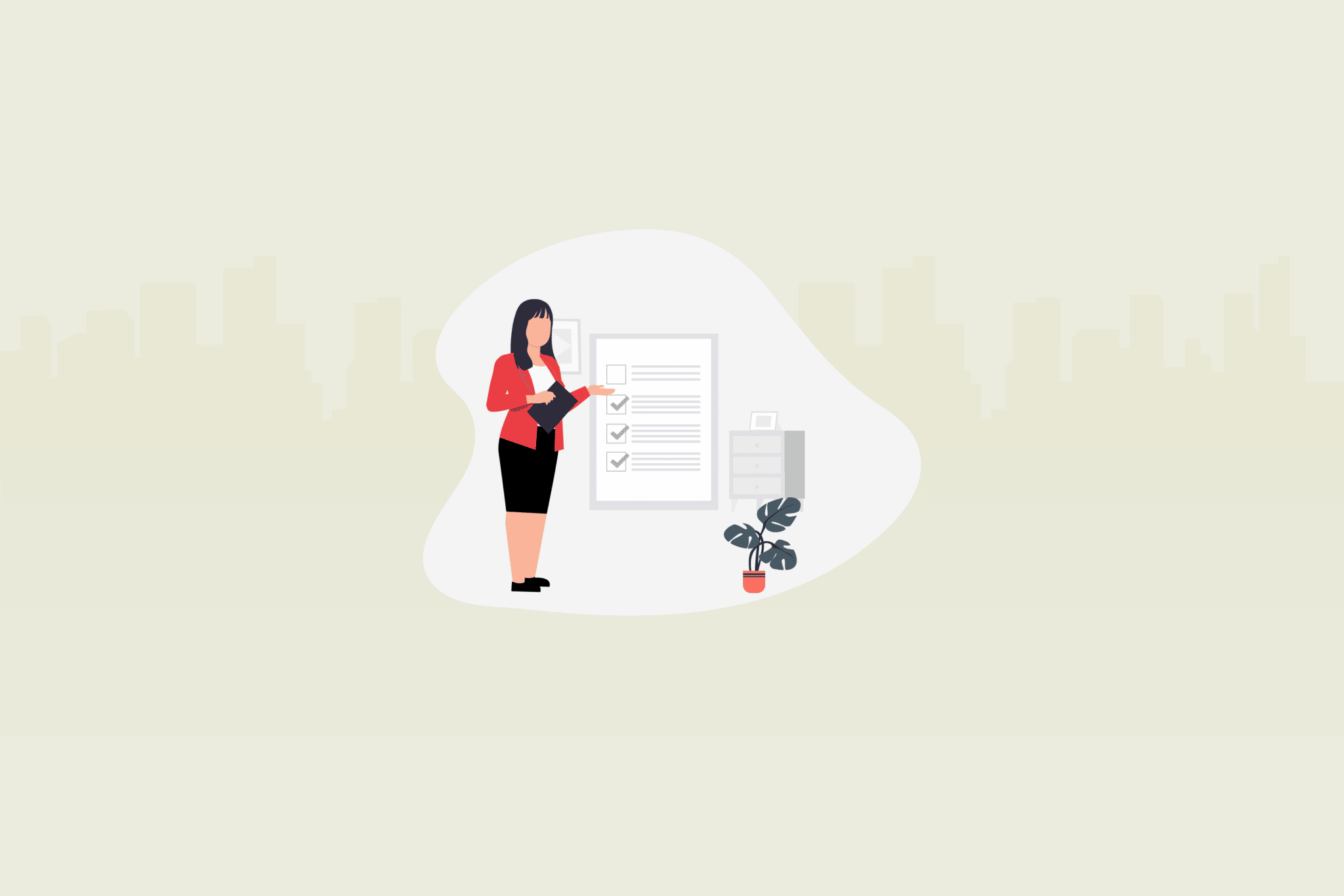Hiring top talent is more crucial than ever. However, identifying candidates who not only possess the required skills but also the mental agility to handle complex and dynamic work environments can be challenging.
According to a study by the Corporate Executive Board, companies that incorporated cognitive ability tests, including measures of mental agility, into their recruitment processes saw a 20% increase in employee performance and a 30% reduction in turnover rates.
This blog will explore how recruiters can leverage mental agility tests to enhance their hiring processes, ensuring they select candidates who are not only skilled but also versatile and adaptable.
What is mental agility?
Mental agility refers to an individual’s ability to think quickly, comprehend complex ideas, and adapt to new situations efficiently. In the workplace, mental agility is critical as it enables employees to effectively manage challenges, solve problems creatively, and learn new skills rapidly. For recruiters, identifying candidates with high mental agility can lead to more innovative and resilient teams.
Benefits of using mental agility tests in recruitment
Mental agility tests offer a unique lens through which to view potential candidates, focusing on their ability to think on their feet and adapt. These tests can significantly improve the quality of hires by ensuring candidates are not only skilled but also versatile and quick learners.
Enhanced predictive accuracy
Mental agility tests are designed to go beyond traditional assessments that focus on technical skills or academic knowledge. By assessing how quickly and effectively a candidate can think, these tests provide insights into their potential performance in real-world and high-pressure scenarios.
Improved candidate fit
Utilizing mental agility tests can help ensure that candidates are a better fit for roles that require quick thinking and adaptability. This is particularly important in industries where the ability to respond to unexpected changes is key to business success.
Reducing bias in hiring
By focusing on cognitive abilities rather than educational background or previous experience, mental agility tests can help reduce unconscious bias in the hiring process. This leads to a more diverse workplace and can help uncover hidden talents who may not have traditional qualifications.
Implementing mental agility tests in your hiring process
Incorporating mental agility tests into the recruitment process requires a thoughtful approach that aligns with your company’s values and the specific demands of the roles you’re filling. This section will guide you through integrating these tests effectively to enhance your hiring outcomes.
Choosing the right test
There are several types of mental agility tests available, including numerical reasoning, verbal reasoning, and abstract reasoning tests. Choosing the right test depends on the specific needs of the role. For instance, a role requiring strong problem-solving skills might benefit from a test focused on numerical and abstract reasoning.
Integrating tests into the interview process
Mental agility tests should complement the existing selection process, not replace it. Integrating these tests can be done at various stages of the recruitment process:
- Pre-screening: Administering tests early in the recruitment process helps narrow down the pool of candidates to those who demonstrate high mental agility.
- Post-application: Conducting tests after the initial application review can provide additional insights into a candidate’s capabilities, helping to inform further interview stages.
Analyzing test results
Understanding how to interpret the results of mental agility tests is crucial. Recruiters should look for scores that indicate a candidate’s ability to process information quickly and adapt their thinking. However, it’s important to consider these results alongside other factors such as cultural fit and emotional intelligence.
Best practices for using mental agility tests
To maximize the benefits of mental agility tests, it’s crucial to follow best practices that ensure fairness, relevance, and a positive candidate experience. This includes choosing the right tests, interpreting results accurately, and integrating these insights into broader hiring decisions.
Ensuring relevance and fairness
Ensure that the tests used are relevant to the job requirements and validated for the specific context. It’s also important to ensure that the tests do not disadvantage any candidate group.
Providing feedback to candidates
Offer feedback to candidates on their test results. This not only enhances the candidate’s experience but also reinforces your company’s commitment to transparency and development.
Continuous evaluation of the testing process
Regularly review and update the tests and your approach to interpreting them. This ensures that your recruitment process remains effective and fair.
Training recruiters and hiring managers
Ensuring that your recruiters and hiring managers are well-versed in the purpose, administration, and interpretation of mental agility tests is crucial for their successful integration into the hiring process. This training is key to leveraging the full potential of these tests to identify top talent.
Understanding mental agility
To effectively implement mental agility tests, recruiters and hiring managers need to be thoroughly trained not only in administering these tests but also in understanding what mental agility looks like in the context of different roles. This training should include sessions on interpreting test results and understanding how these results might translate into day-to-day work scenarios.
Integration into the recruitment strategy
Training should also focus on how mental agility tests fit into the broader recruitment strategy. This includes understanding when and how to weigh these tests against other factors such as technical skills, cultural fit, and previous work experience. Recruiters and hiring managers should also be equipped with strategies to use test results in interview contexts, potentially tailoring questions to probe deeper into areas where a candidate’s test results suggest particular strengths or weaknesses.
Ongoing development
As with any tool or process, ongoing training and development are essential. As your organization evolves and as new roles are created, the importance of different aspects of mental agility might change. Regular refresher courses, updates on best practices in mental agility testing, and continuous feedback loops between recruiters, hiring managers, and candidates can help maintain the effectiveness and fairness of your testing framework.
Leveraging technology in mental agility testing
Technology plays a pivotal role in administering mental agility tests efficiently and at scale, especially in a world where remote work and global talent pools are increasingly common. This section explores how digital platforms, AI, and remote testing capabilities can enhance the effectiveness of mental agility assessments.
Digital platforms and software
The use of advanced software and digital platforms like Testlify can streamline the administration of mental agility test online, making it easier to manage large volumes of candidates and ensuring the consistency and reliability of tests. These platforms can also offer advanced analytics tools, helping recruiters make more informed decisions by providing detailed breakdowns of candidate scores and comparative analytics.
Artificial intelligence and machine learning
Integrating AI into mental agility testing can further enhance the predictive power of these assessments. Machine learning algorithms can analyze large datasets to identify patterns and correlations between test results and job performance, potentially uncovering insights that human analysts might miss. However, it’s crucial to monitor these systems to avoid algorithmic biases that could lead to unfair hiring practices.
Remote testing capabilities
With the rise of remote work and global hiring, providing remote testing capabilities is increasingly important. This involves ensuring that mental agility test online can be securely and fairly administered, with robust measures to prevent cheating and ensure the integrity of the testing process. Remote testing also allows organizations to tap into a wider talent pool without geographical constraints, increasing the diversity and caliber of potential hires.
Challenges and considerations
While mental agility tests can be highly beneficial, they also come with challenges and considerations that need to be managed carefully. This involves addressing concerns related to test design, candidate stress, and ensuring that tests are one component of a comprehensive evaluation process.
Balancing speed and accuracy
While mental agility tests often focus on speed, it’s important to balance this with the need for accuracy. Encouraging a too-fast approach can sacrifice the quality of responses.
Avoiding over-reliance
Mental agility tests are just one tool in the recruitment toolbox. They should be used in conjunction with other assessment methods to provide a holistic view of a candidate’s abilities.
Conclusion
Mental agility tests are a powerful tool for recruiters looking to hire versatile and adaptable talent. By carefully integrating these tests into your recruitment process, you can enhance your ability to identify candidates who will thrive in challenging and dynamic environments. Remember to continuously evaluate the effectiveness of these tests and adapt your approach based on feedback and new hiring needs. With the right strategy, mental agility tests can significantly improve your hiring outcomes, leading to a more innovative and resilient workforce.
Implementing mental agility tests can be transformative for your recruitment process, enabling you to identify and hire candidates who are not just skilled but truly agile and ready for the challenges of today’s and tomorrow’s business environments.
Ready to elevate your hiring process with the power of mental agility tests? Discover Testlify, the leading skills assessment platform designed to help you identify top talent with ease. Our comprehensive suite of tests, including tailored mental agility assessments, offers the insights you need to make informed hiring decisions. Sign up for free and join the ranks of successful companies enhancing their recruitment strategies with us.








